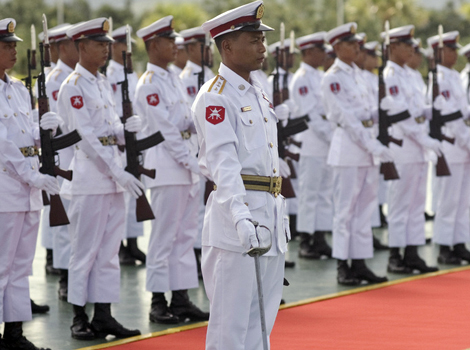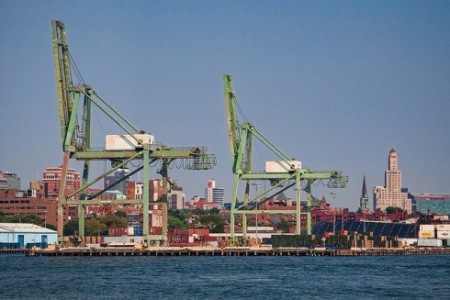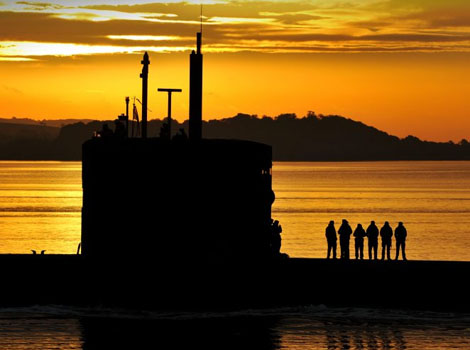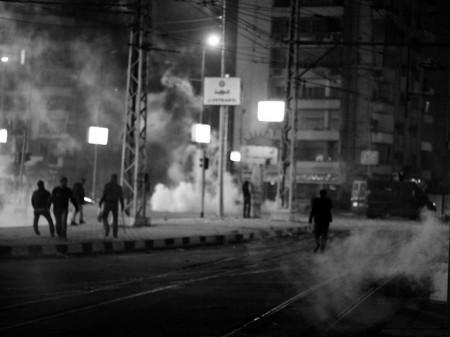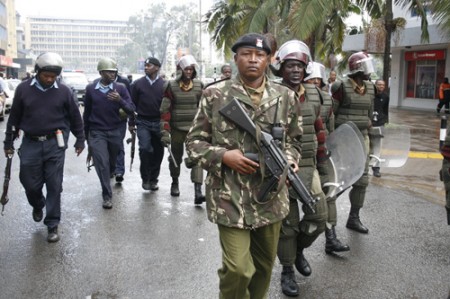
As Kenyans prepare to go to the polls on March 4, experts are warning of possible food shortages because many farmers are not planting crops for fear of election violence.
Farmers in the country’s grain basket, Rift Valley Province, are scaling down their planting because they do not want to lose out if there is violence similar to that which followed the December 2007 presidential election. More than 1,100 people were killed and hundreds of thousands uprooted from their homes in the months that followed.
Farmers from the Rift Valley were particularly badly affected. Many had their crops plundered, while others were forced to abandon their farms and seek refuge in displacement camps.
Maize, a staple crop planted between February and April, looks likely to be worst affected. Wheat is not sown until May, so that harvest is less at risk as the elections will be over by then.
Samson Koech, an agricultural and land economist in the Rift Valley town of Eldoret, warns that if farmers refrain from planting over the next few months, Kenya could find itself with a food crisis later in the year.
“More than 80 per cent of food consumption in Kenya is grown by smallholder farmers who depend on agriculture as their main source of income for their livelihoods, and the decision by some of them not to plant the crop [this] year will result in nutrition insecurity among most families,” Koech said.

